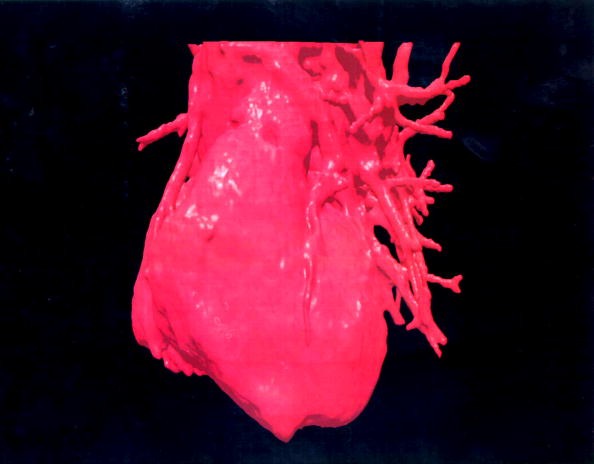
An interesting research on aging hearts sheds some light on why people of opposite sexes suffer different forms of heart failure. Scientists at Johns Hopkins University School of Medicine (JHUSM) have found that hearts between male and female age at different rates over time.
Researchers of the study were the first ones who made use of MRI scans to conduct a long-term study on the growth differences of hearts. Although previous researches have investigated heart changes over time using ultrasound, the team asserted that MRI scans provide much clearer images - far more reliable in assessing the state and structure of the heart. Moreover, previous studies were based solely on comparisons between the young and old, which did not account for other important factors such as lifestyle, as discussed in PRWEB.
In this study, 2,935 participants were hired whose hearts were scanned through MRI. The subjects in the age 54 to 94 years old (at follow-up) were said to be free of any cardiovascular disease. The follow-up examination was made 10 years after, in order to note for significant changes.
Based on the MRI images, men and women both showed a decrease in size of their hearts' left chamber. However, in terms of ventricular mass, men had an increase and women showed a slightly decrease within the 10-year timeframe. These findings, which are yet to be explained in further research, suggest that optimum treatment for heart failures in men and women are not the same, and thus, should be treated differently.
"Our results are a striking demonstration of the concept that heart disease may have different pathophysiology in men and women and of the need for tailored treatments that address such important biologic differences," says principal author Joao Lima, M.D., M.B.A., a professor of medicine and radiological science at JHUSM, in the press release.
Medical News Today writes that although patients who had heart attacks are advised to take proper medicines, many of them fail to do so. This can be due to the gender gap, with younger women being less likely to receive them.
The study appears in the journal Radiology.

